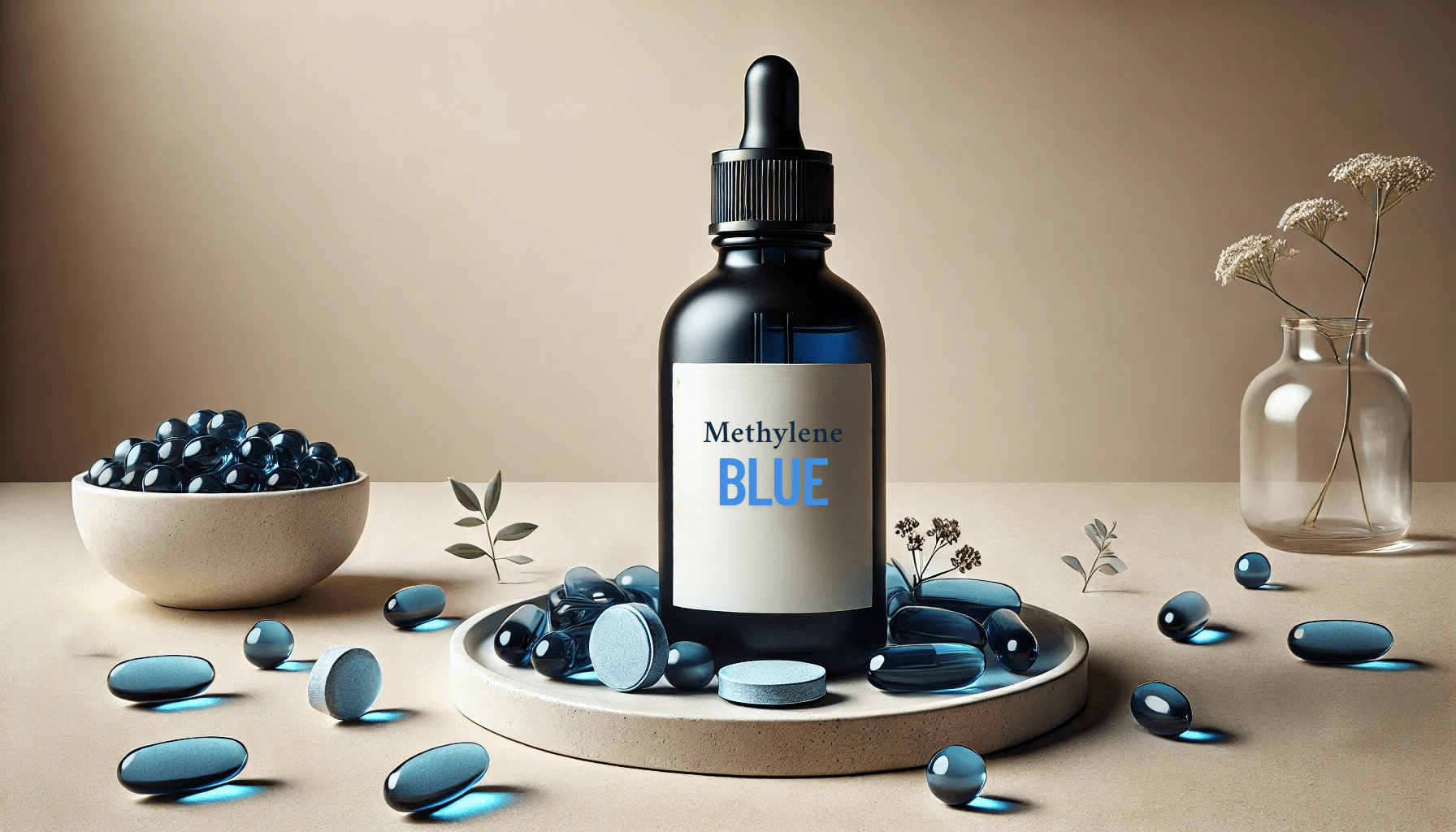Glycine is one of the simplest amino acids, yet its impact on human health is profound and wide-ranging. Whether you’re looking to improve your sleep, support your joints and skin, protect your heart, or boost your overall wellness, glycine deserves a closer look. In this in-depth guide, we’ll explore what glycine is, its top evidence-based benefits, how to use it, and what the latest science says about this underrated nutrient.
What is Glycine?
Glycine is a non-essential amino acid, meaning your body can produce it, but dietary intake can be beneficial—especially under stress or with aging. It’s a key building block of proteins, most notably collagen, and also acts as a neurotransmitter in the brain and spinal cord. Unlike many other amino acids, glycine is both structurally simple and biologically versatile, participating in processes ranging from muscle growth to detoxification and nervous system regulation.
7 Evidence-Based Benefits of Glycine
1. Enhances Sleep Quality
Glycine acts as a calming neurotransmitter, helping you fall asleep faster and improving sleep quality. A 2012 study found that 3g of glycine before bed reduced daytime sleepiness and improved cognitive function the next morning. Unlike melatonin, glycine doesn’t cause grogginess—it works by lowering core body temperature and promoting relaxation. For people who struggle with insomnia, shift work, or frequent travel, glycine offers a gentle, non-habit-forming way to reset sleep cycles and wake up feeling refreshed. Many users report that glycine helps them not just fall asleep, but also stay asleep longer and wake up with more energy.
2. Boosts Collagen Production
As the most abundant amino acid in collagen (making up 33% of its structure), glycine is essential for skin elasticity, joint health, and wound healing. Collagen is the primary protein in connective tissues, and adequate glycine intake is crucial for the body to produce strong, resilient skin and cartilage. Research in Nutrients shows glycine supplementation increases collagen synthesis, which can reduce wrinkles, support cartilage repair, and speed up recovery from injuries. This makes glycine a valuable nutrient for athletes, aging adults, and anyone interested in maintaining youthful skin and flexible joints. Some studies also suggest that glycine may help prevent bone loss and improve overall bone strength.
3. Supports Heart Health
Higher glycine levels are linked to a 36% lower risk of heart attacks. Glycine reduces inflammation in blood vessels, helps regulate blood pressure, and breaks down homocysteine—a harmful compound linked to cardiovascular disease. By supporting healthy circulation and reducing arterial stiffness, glycine may help protect against heart disease and stroke. Emerging research also suggests that glycine may improve cholesterol profiles and support overall vascular health. For those with risk factors for heart disease, adding glycine to your routine may offer an extra layer of protection.
4. Regulates Blood Sugar
Glycine improves insulin sensitivity, making it valuable for metabolic health. A study in Diabetes Care found that glycine supplementation lowered HbA1c levels in prediabetic patients by enhancing glucose metabolism. This means glycine may help prevent blood sugar spikes after meals and support long-term blood sugar control. For people with prediabetes, type 2 diabetes, or metabolic syndrome, glycine can be a simple, effective addition to dietary strategies for better glycemic control. Some evidence also suggests glycine may help reduce sugar cravings and support healthy weight management.
5. Protects the Liver
Glycine stimulates glutathione production—the body’s master antioxidant. This helps detoxify the liver, especially after alcohol consumption or exposure to toxins. Animal studies show glycine reduces alcohol-induced liver damage by up to 70%. It also supports the breakdown of fatty acids and helps prevent non-alcoholic fatty liver disease. For those who drink alcohol, take medications that stress the liver, or are exposed to environmental toxins, glycine offers a layer of protection for long-term liver health. Some clinicians are even exploring glycine as a supportive nutrient in liver disease protocols.
6. Enhances Cognitive Function
By modulating NMDA receptors in the brain, glycine improves memory, learning, and overall cognitive performance. It also shows promise in slowing neurodegenerative diseases like Alzheimer’s by reducing neuroinflammation and supporting healthy neurotransmitter balance. Some studies have found that glycine supplementation can help with symptoms of anxiety, stress, and even schizophrenia. For students, professionals, or anyone seeking a mental edge, glycine’s gentle cognitive support can be a valuable asset.
7. Accelerates Muscle Recovery
Glycine is a key component of creatine, which fuels muscle contractions and supports strength gains. It also reduces post-workout inflammation, helping athletes recover faster and experience less soreness. A 2017 study found glycine increased strength gains by 15% in resistance-trained athletes. For anyone involved in regular exercise, glycine can help speed up recovery, reduce injury risk, and support muscle growth.
How to Take Glycine: Dosage, Timing, and Forms
- Sleep support: 3g, 30 minutes before bed
- Collagen/joint health: 5g, with meals
- Blood sugar/metabolic support: 5g, split into 2 doses
Glycine is available as a powder (mixes easily in water or juice), capsules, or in glycine-rich foods like bone broth and collagen peptides. Most people tolerate up to 15g per day without side effects, but start with lower doses and increase gradually. For best results, pair glycine with magnesium or vitamin C to support absorption and collagen synthesis.
Top Food Sources of Glycine
- Bone broth (1 cup = ~3g glycine)
- Collagen peptides (1 scoop = ~2.5g glycine)
- Pork skin (1 oz = ~1.2g glycine)
- Chicken (1 breast = ~1g glycine)
- Spinach (1 cup = ~0.2g glycine)
While animal sources are richest in glycine, most supplements are vegan-friendly and synthetically produced.
Safety and Side Effects
Glycine is generally considered safe for most people when used as directed. Rare side effects may include mild digestive upset or soft stools. Those taking antipsychotics (like clozapine) should consult a doctor, as glycine can interact with these medications. Pregnant or breastfeeding women should seek medical advice before supplementing.
FAQs About Glycine
Can glycine help with anxiety?
Yes, glycine’s calming effect on the nervous system can help reduce anxiety symptoms, especially when combined with other relaxation strategies.
Is glycine vegan-friendly?
Most glycine supplements are synthetic and suitable for vegans, but food sources like collagen and bone broth are animal-derived.
How long until I see results?
Sleep benefits are often noticeable within 1–3 nights; joint and collagen effects may take 4–6 weeks.
Can glycine help with weight loss?
Glycine may support weight management by improving blood sugar control and reducing cravings, but it works best as part of a balanced diet and active lifestyle.
Should I take glycine every day?
Daily use is generally safe and effective for most people, but always consult a healthcare provider for personalized advice.
Conclusion
Glycine is a simple amino acid with extraordinary benefits for sleep, skin, heart, metabolism, and more. Whether you’re aiming to sleep better, support your joints, or protect your liver, glycine is a safe, affordable, and well-researched supplement to consider adding to your wellness routine.










